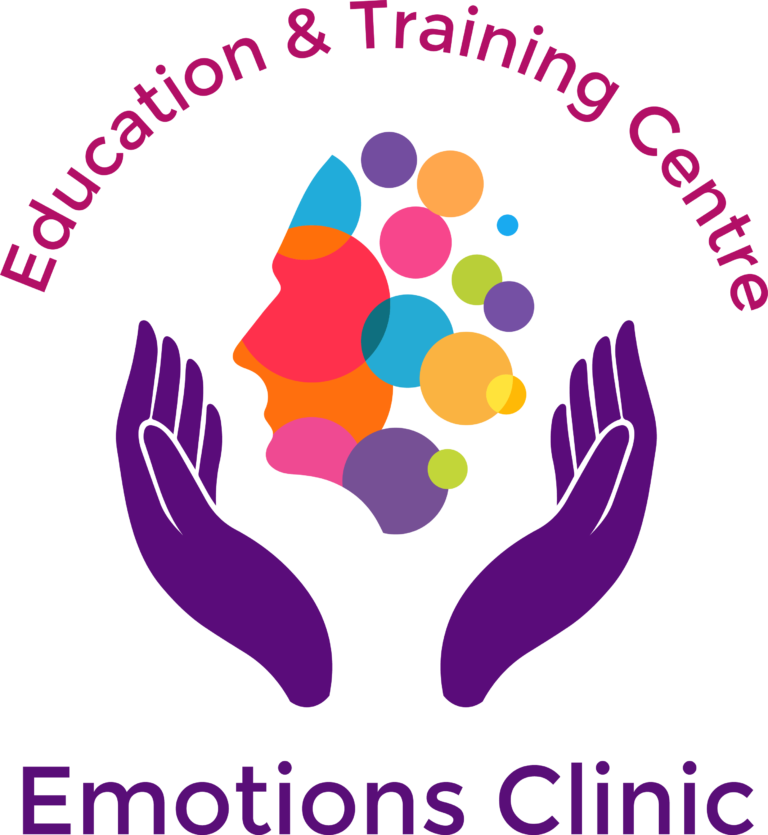Risperidone
Risperidone: Uses, Benefits, and Safety in Mental Health Treatment
Risperidone is an antipsychotic medication used to treat several mental health conditions, particularly those involving psychosis, mood disorders, and behavioral issues. It is sold under brand names like Risperdal. As an atypical (second-generation) antipsychotic, risperidone helps restore balance to certain brain chemicals, mainly dopamine and serotonin. This helps reduce symptoms like hallucinations, aggression, mood swings, and disorganized thinking.
🧠 Main Medical Uses of Risperidone
Schizophrenia
Risperidone is commonly prescribed for adults and adolescents with schizophrenia. It helps manage symptoms like hallucinations, delusions, paranoia, and thought disturbances. Over time, it can help stabilize mood and improve day-to-day functioning.Bipolar Disorder
In people with bipolar disorder, risperidone is used to control manic episodes—periods of elevated mood, overactivity, and impulsive behavior. It helps bring mood levels back to a normal range.Irritability in Autism Spectrum Disorder (ASD)
Risperidone is one of the few FDA-approved medications to treat irritability and aggression in children with autism, including tantrums, self-injury, and mood swings.Off-label Uses
Sometimes, doctors may use risperidone off-label for severe anxiety, PTSD, or dementia-related behavior—but this must be done with great care due to potential risks.
⚙️ How Risperidone Works
Risperidone affects the levels of two key neurotransmitters in the brain:
Dopamine: Involved in thoughts, emotions, and movement. Excess dopamine activity can lead to hallucinations or paranoia.
Serotonin: Helps regulate mood, sleep, and behavior.
By blocking dopamine and serotonin receptors, risperidone helps reduce extreme mood symptoms, psychosis, and aggression while also stabilizing overall behavior.
⚠️ Common Side Effects
As with all antipsychotics, risperidone may cause side effects. Common ones include:
Drowsiness or tiredness
Weight gain
Dizziness
Increased appetite
Constipation
Restlessness or tremors
Increased saliva or dry mouth
In rare cases, it may cause muscle stiffness, involuntary movements, or a serious condition called neuroleptic malignant syndrome (fever, muscle rigidity, confusion).
❗ Warnings and Precautions
Elderly patients with dementia: Risperidone can increase the risk of stroke or death when used in older adults with dementia-related psychosis.
Diabetes and cholesterol: The medication can affect blood sugar and lipid levels, so regular monitoring may be needed.
Hormonal effects: Long-term use can raise levels of a hormone called prolactin, which may lead to symptoms like missed periods, breast enlargement, or sexual dysfunction.
Tapering: Do not stop taking risperidone suddenly—always reduce the dose under medical supervision.

Nature Consultancy Limited is regulated by CQC to provide care at Emotions Clinic
Phone : +44(0)1782 768656
Email : ad***@****************co.uk
Quick Links
Information
Head Office Address
Lumbung Hidup St 425 East Java Madiun City Block ABC 123
Days Open
Monday - Friday 08 AM - 10 PM

